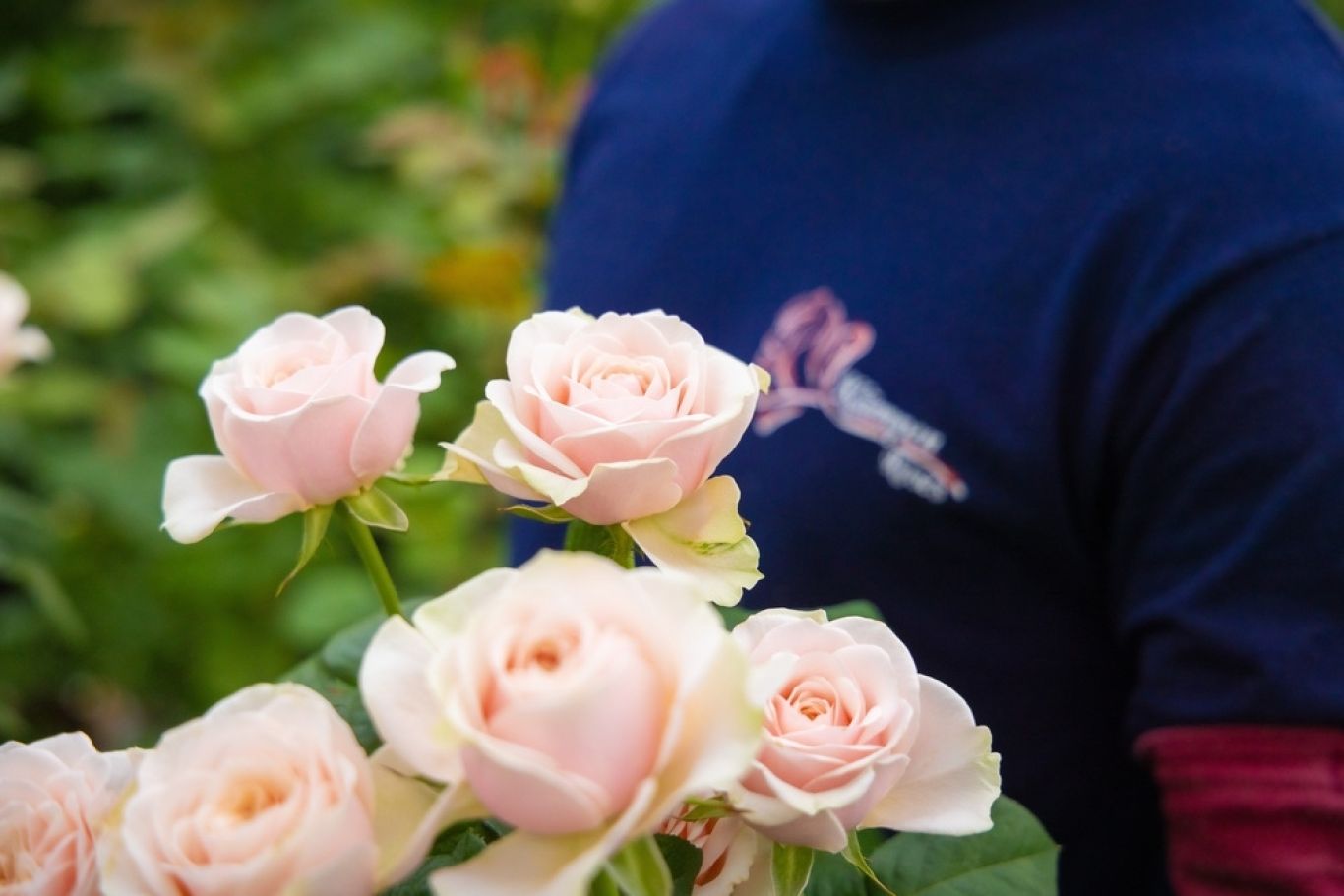The floriculture sector is embracing sustainability – 84% of growers have already adopted more sustainable practices
June 20, 2025

The floriculture sector finds itself in the midst of a transition towards sustainability. The first-ever Trends in Floriculture Report, published today by Royal FloraHolland, reveals that the overwhelming majority of growers within the cooperative are actively working towards a more sustainable business. As many as 84% of growers have already adopted more sustainable practices.
The need for sustainability is widely accepted. Three quarters of growers are either positive or neutral about sustainability within the sector. Almost all growers acknowledge that they each play an important role in this development: 62% see themselves as jointly responsible for sustainability. The authorities (36%), buyers (32%), end customers (30%) and Royal FloraHolland (30%) are also seen as important links. Working together in the supply chain is essential: 75% of growers think that all parties working together is crucial to making a truly sustainable impact. “The floriculture sector of tomorrow is transparent about its impact along the supply chain, is taking responsibility and is helping solve social and economic challenges where possible, doing so mainly by working together with each other. These results show that our growers are willing to take responsibility. As a cooperative, we are supporting them with knowledge, innovation and transparency through certification,” said David van Mechelen, CFO of Royal FloraHolland. “Together with our members, we are building a future-proof industry where sustainability is standard.”
Transparency through certification
Sustainability in the logistics chain
Some 63% of growers indicate that they are actively working on improvements to sustainability within their business on a daily basis. Tesselaar Alstroemeria has been calculating the carbon footprint of its flower business since 2016 and has been working continuously to reduce it. “We originally started calculating the carbon footprint to understand our own processes. Since then, it has also become important to us for making improvements to overall sustainability. For example, we currently use sleeve wrappers made from recycled plastic.” said Karolien Tesselaar.This is part of broader efforts in areas such as environmental impact (35%), reusable packaging (23%), and logistics (23%). Royal FloraHolland plays a role not only in bringing together the supply and demand sides, but also in the logistics process. Sustainability is big here, too. Over three-quarters of growers see sustainability in logistics as an essential part of the wider transition.
With publication of the Trends in Floriculture Report, Royal FloraHolland is for the first time shedding light on the attitudes, initiatives and preferences of growers and buyers in the area of sustainability.” The report underlines the growing urgency and broad support within the sector to work together for a sustainable future.
-
Did you find this interesting?
Then share this article


